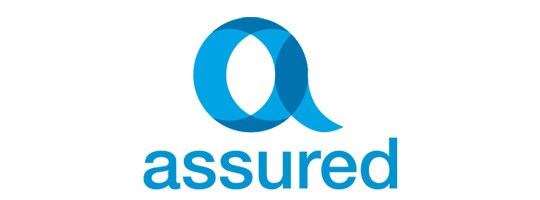Financial analysts around the world have their eyes set firmly on Europe, waiting to see whether the European Union will approve another Greek bailout.
Greek default risk: What it could mean for Australia
In recent weeks the situation has continued to escalate, with many pondering if, when, and how the Greek debt crisis will unfold- and what flow on effects Australia is likely to feel.
Your Money Magazine spoke to Shane Oliver, Head of Investment Strategy and Chief Economist at AMP who said while there will be no direct impact on Australia, the indirect effects are harder to quantify and far more insidious.
Oliver said Australian exposure to Greek debt is very minimal and in fact makes up less than 0.3% of world economic activity.
However, in light of the panic which resulted from the collapse of Lehman Brothers in 2008, Oliver said investors may worry about what would happen if European banks began to collapse as a result of this most recent crisis.
Oliver said that the global economy may take a hit as a result of the sovereign debt crisis, and the Australian economy may experience indirect, flow-on effects in four ways:
- Confidence: as a result of falls in global share markets, consumers may exercise even more caution by spending less, with retailers taking a hit as a result.
- Paper losses: Loss of share market wealth may make people feel poorer as a result of share market losses and curb their market activity.
- Immediate impact on rate of exports: via flow-on effects through Asian trading partners.
- Financial ramifications: if markets go into meltdown, banks may increase rates to absorb these costs, yet this is likely to be offset by predicted Reserve Bank cuts to the official interest rate by Christmas.
Oliver said that while the RBA has rates on hold for the moment, with the economy slowing locally, and uncertainty in the global economy, it is only a matter of time before official rates come down.


